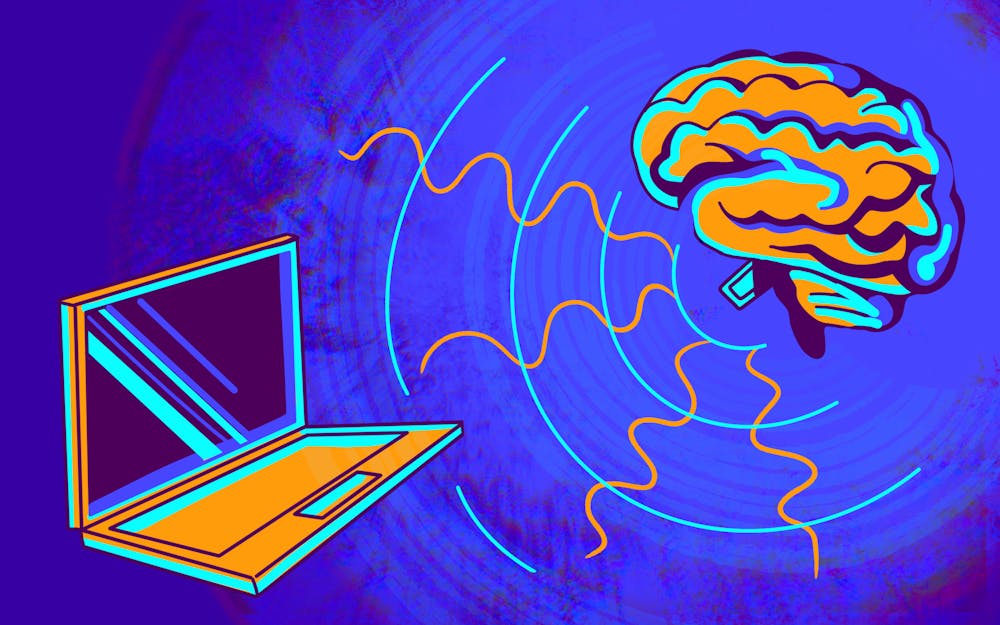Once material for dystopian novels, the brain-computer interface world is now a possible reality that could be here sooner than expected. Companies have been making large strides with spearheads like Elon Musk leading the charge in the real-world integration of this mechanical dream.
For those who are unfamiliar with the term, a brain-computer interface, or BCI, is essentially a pathway between an electrical process in your brain and an external device, usually a computer or machine of sorts. This would allow you to move a circle across a computer screen without touching a mouse or simply think of a word and have it appear on a monitor.
This technology is largely a niche market for disabled people across the world. Neurotechnology companies like Neuralink, founded by Elon Musk, are changing the way disabled people interact with the environment around them. Those with untreatable medical needs, specifically severe physical handicaps, are now being given the opportunity with this new technology to control mobile devices, interact with computers and complete tasks they were never previously able to do.
For some, this kind of science raises thoughts of a dehumanized nightmare society led by robots. Truthfully, it’s not that bad. In fact, it's a saving grace for those with unmet medical needs, as described by Neuralink. Some may have an issue with letting a company surgically implant a chip in their brain tissue, which is understandable. But again, this kind of technology is currently only reserved for those severely impaired, as this demographic has the only legitimate use for it. Other companies are also actively looking for ways to make the BCI process function without the use of implants.
The rival company Synchron is currently giving Musk’s startup a run for its money. Backed by investors and industry giants like Bill Gates and Jeff Bezos, Synchron is preparing for its first mass clinical trial. It is aiming to make the brain-computer interface work without implants; instead, it opts for a less invasive endovascular procedure to avoid the risks associated with open brain surgery. Synchron also wants to open the doors to people who have had strokes, as the market isn’t currently sustainable being only limited to quadriplegia.
What does this mean for the world of BCIs? Besides companies like Synchron expanding this technology’s accessibility to the vast amount of stroke victims, I don’t think the general population of unimpaired people will have access to this sort of equipment, nor do I think they should. Brain-computer interfaces hope to one day enable patients to perform tasks such as operating drones and mechanical arms that act as their own.
However, the age of technological singularity could be here before we know it. According to experts, many think artificially intelligent consciousness could happen before the end of the century, and with the development of BCI and AI combined technology, I could believe this. I don’t think this information should cause hysteria of any kind: We currently have AI assistants who can perform almost any task for us that doesn’t require hands. Technologies currently utilized by companies like OpenAI are somewhat easing the population into the world of artificially intelligent servants.
It’s food for thought, for sure. I think the stigma around an artificially intelligent society needs to go, as these advanced technologies are helping change the way disabled people can live their lives – in a way they never have. Companies seem to have this same attitude and are most likely going to limit brain-computer interfaces solely to those severely impaired, as the technology and cost of materials required for, say, BCIs in video games is far too overwhelming right now; not to mention the low transfer rate of data. Even if they're still experimental, these technologies show promise to improve the lives of millions worldwide.
Vincent Winkler (he/him) is a freshman studying sociology.






